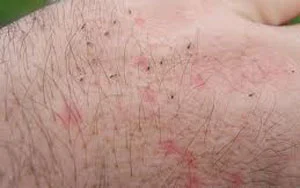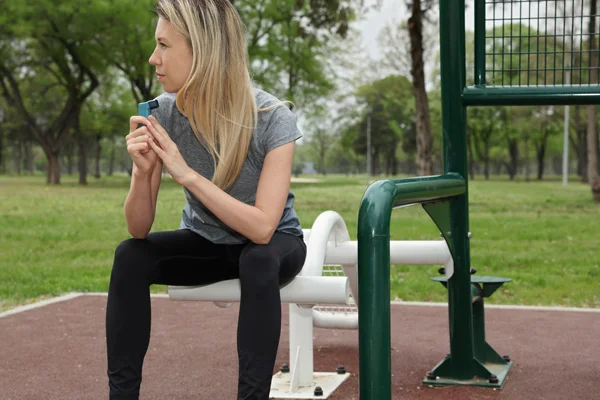DIY first aid kit
In the midst of cyclone preparations , one of the most important items you can organise is a First Aid Kit. If you already have a bag or pack, you can save yourself a few pennies by creating your own! Be prepared, be safe.
You don’t have to be a doctor to help yourself, or others, in an emergency. If you have the first aid skills and tools to administer the care required, you will able to fasten recovery time, minimise the risk of infection, and in some situations, save a life.
Before you embark on your upcoming holiday, use this check-list as a guide to things you may need in your travel first aid kit. You may need less or more, depending on your travel destination (don’t forget to take into account the remoteness of your visit). Check with your family doctor or local pharmacist if you aren’t sure what items are best for you while travelling.
Adhesive Dressings (various sizes). Commonly known as Band aids, adhesive dressings are used for minor cuts or skin injuries. If you are allergic to the adhesive or latex in the dressings, you can also purchase the hyper allergenic variety
Antihistamines. Great for controlling allergic reactions. Can also be effective for motion sickness if taken an hour before the start of journey
Antiseptic. Chlorex and Cetrimide. Essential for cleaning wounds and any equipment contaminated with germs
Bandages. Ideal for creating support to strained limbs, reduce swelling, or hold dressings in place. Bandages can also be used in place of a sling
Cold pack (disposable and instant). Great for swelling or skin reactions
CPR Breathing Mask. Provides a one-way flow and prevents the backwash of vomit, blood, liquid from the lungs or other fluid that might diminish the effectiveness of CPR
Eye wash. Sodium Chloride 0.9% BP is great for irrigating foreign objects from the eye
Gauze Pads (a pack of). We recommend the large size, as they can be cut to size of the cut or graze easily
Hand wash. Antibacterial Gel is convenient as it can be left in your first aid kit, and does not require water to wash away germs
Non-Latex gloves. An essential item used to avoid cross infection through blood or bodily fluids. Keep two pairs in the kit just to be safe
Oral Rehydration Salts. If you are dehydrated from alcohol, physical activity or illness, this will help you keep your fluids up
Pen and paper. In an emergency situation, you may need to write down the signs, symptoms and details of the accident
Safety pins. For securing large bandages or holding slings in place
Saline. To clean grazes or skin injuries
Scissors. Small but sharp, used for cutting bandages
Stingose. To provide instant relief to mozzie or insect bites
Tape (microfiber). Used to hold dressings in place or to protect small cuts or bruises
Thermal or ‘Foil’ blanket. In case of an emergency. If a person is in shock, this will help control their body temperature
Thermometer. A digital design thermometer is more accurate and can be easier to read
Tweezers. Pointed tweezers are easier to remove splinters. You can also try soaking the skin in warn water to make the removal process easier.
You may also consider:
An old mobile phone. It will need to have charge to turn it on, but even if your phone contract has expired, the emergency number (for example, 000 or 112) can be dialled and put you through to medical assistance in an emergency situation
A torch (with extra batteries). You don’t want to be stuck in the dark while in a foreign environment
Keep a note of any life-threatening allergies and blood types of all family members in case of an emergency
Regular prescription medication.
While prevention is the best medicine — preparation is key. Make sure you’re prepared in an emergency and sign up for one of Far North Training’s one day first aid course — available up to 5 times a month. Contact us today for more information.
Be prepared in an emergency. Australia Wide First Aid strongly recommends you and your family take a one-day first aid course to learn how to best utilise every item in your First Aid Kit.
Disclaimer: This article is for informational purposes only and should not be used in place of advice from qualified health professionals.
Get in touch
If you have any questions regarding any of the courses on offer, please do not hesitate to contact us. Call us on 07 4098 1228 or get in touch today.










